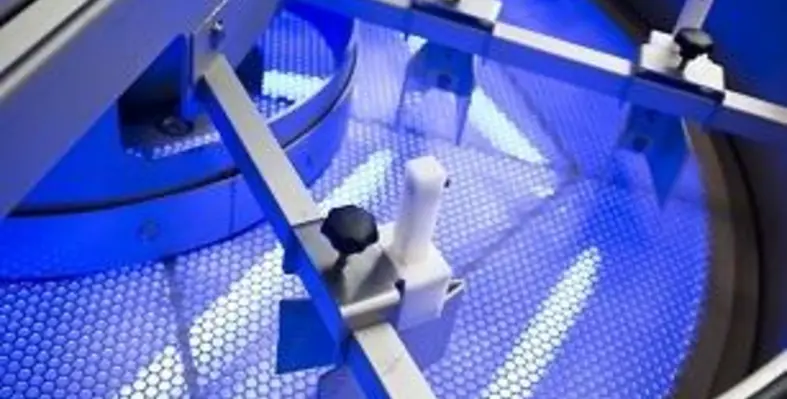Water scarcity is one of the factors that will make industrial processes with minimal or even zero liquid discharge (ZLD) even more interesting in the future and, according to IFAT Munich production, without discharging wastewater is no longer a vision of the future
The technologies required will be presented and market conditions discussed at IFAT Munich which will be held in Munich from 30 May to 3 June, 2022.
Achieving production that is completely free of wastewater is an auspicious goal. Technology-wise, this is no longer a vision of the future. In 2016, for example, an Audi plant in San José Chiapa/Mexico, already went into operation claiming this achievement. According to the company, 100% of the wastewater produced is treated there and then used as process water, in production and for watering the green areas of the plant premises. New fields of application for ZLD are constantly being developed, in addition to many other solutions already implemented in various industries.
“Economically, however, the installation of a ZLD solution is only worthwhile under certain conditions,” said Elmar Billenkamp, head of design and sales at EnviroChemie GmbH. The company from Rossdorf/Germany is an internationally operating system provider for industrial water treatment and purification. According to the expert, water scarcity is one of the motivating forces for companies.
“Where water is cheap and readily available, ZLD is generally not a factor. On the other hand, in regions where water is scarce, it can often be worthwhile to close the water cycle.”
Independence from infrastructure and administration
Problems with the local sewer connection – whether due to official restrictions on discharge or because the corresponding infrastructure at the production site is inadequate or completely lacking – are another reason for costly in-house wastewater treatment.
In addition, there is a trend for especially large companies to set their own environmental targets, which they aim to achieve as part of sustainability strategies. In this context, ZLD can play an important role.
Economically attractive wastewater concentrates
Depending on the constituents of the treated wastewater stream, ZLD processes can also produce concentrated solids, sludges, and liquids that can not only be safely disposed of but may be used or marketed with an economic gain. “For example, in the case of salt bath hardening plants, it is possible to reincorporate the concentrate from a vacuum distillation plant into the production process, thus saving valuable raw materials,” described Thomas Dotterweich, senior project engineer sales at H2O GmbH. Another particularly economical concept was implemented by an automotive supplier in Mexico: the concentrates containing much oil resulting from the ZLD process can be burned to generate energy, so the company can even earn money by selling the concentrates.
Industrial water cycles at IFAT Munich 2022
Water and sewage treatment are among IFAT Munich’s largest exhibition areas. The world's leading trade fair for water, sewage, waste and raw materials management will take place at Munich’s exhibition centre from 30 May to 3 June, 2022.
Not only at many company booths, but also in the extensive lecture and discussion programme, the circulation of water in industrial production processes will be among the core topics.












